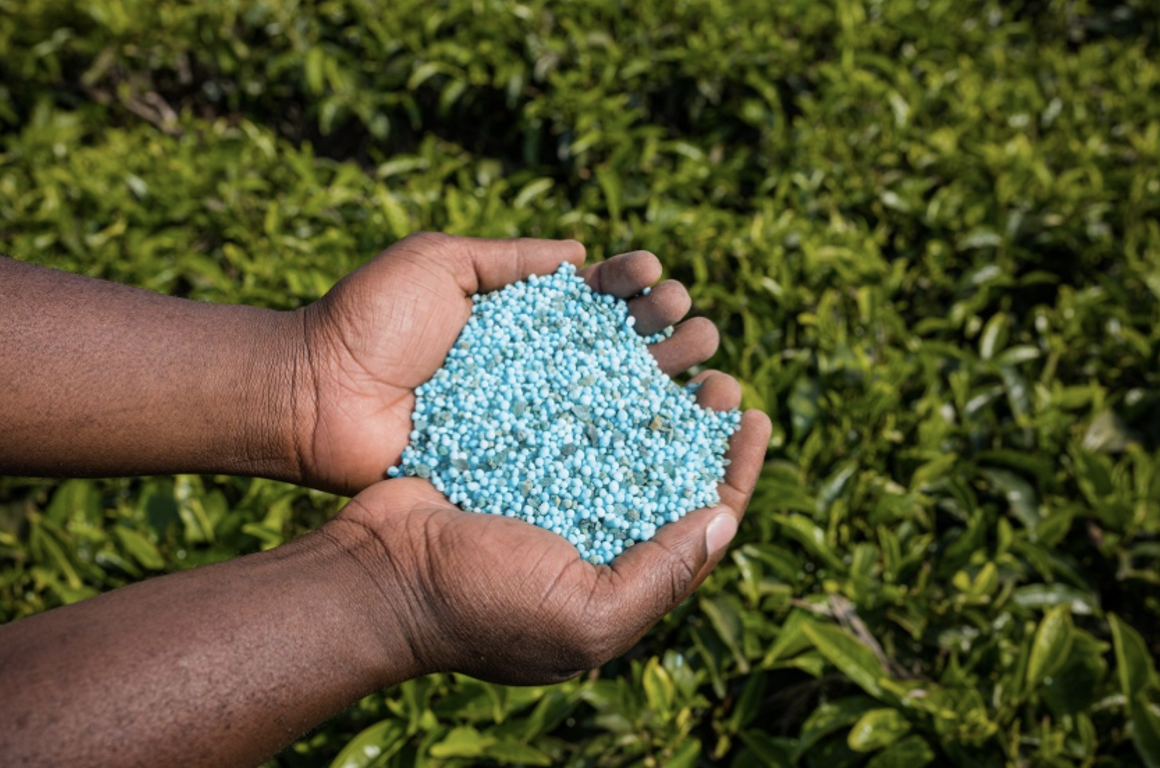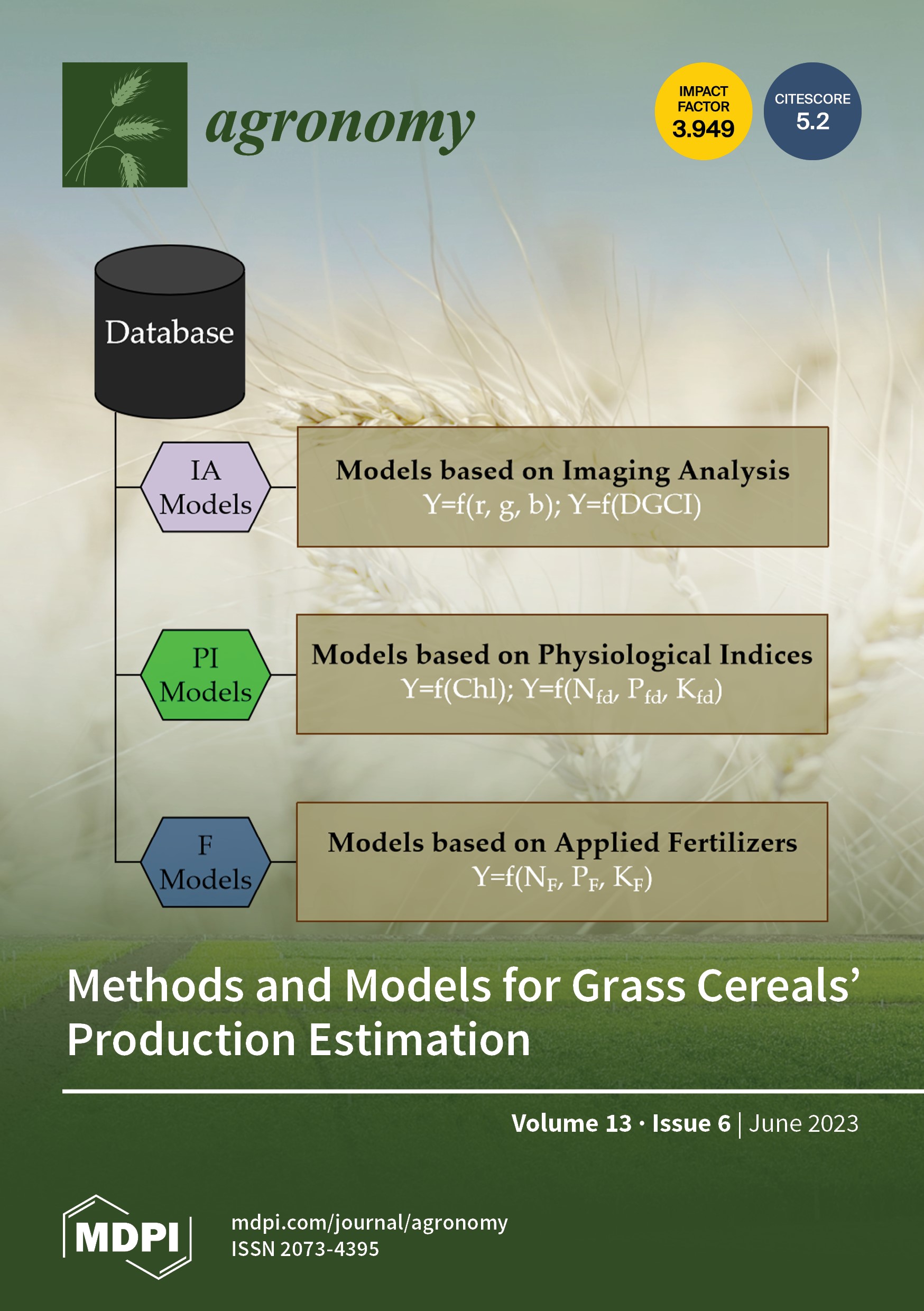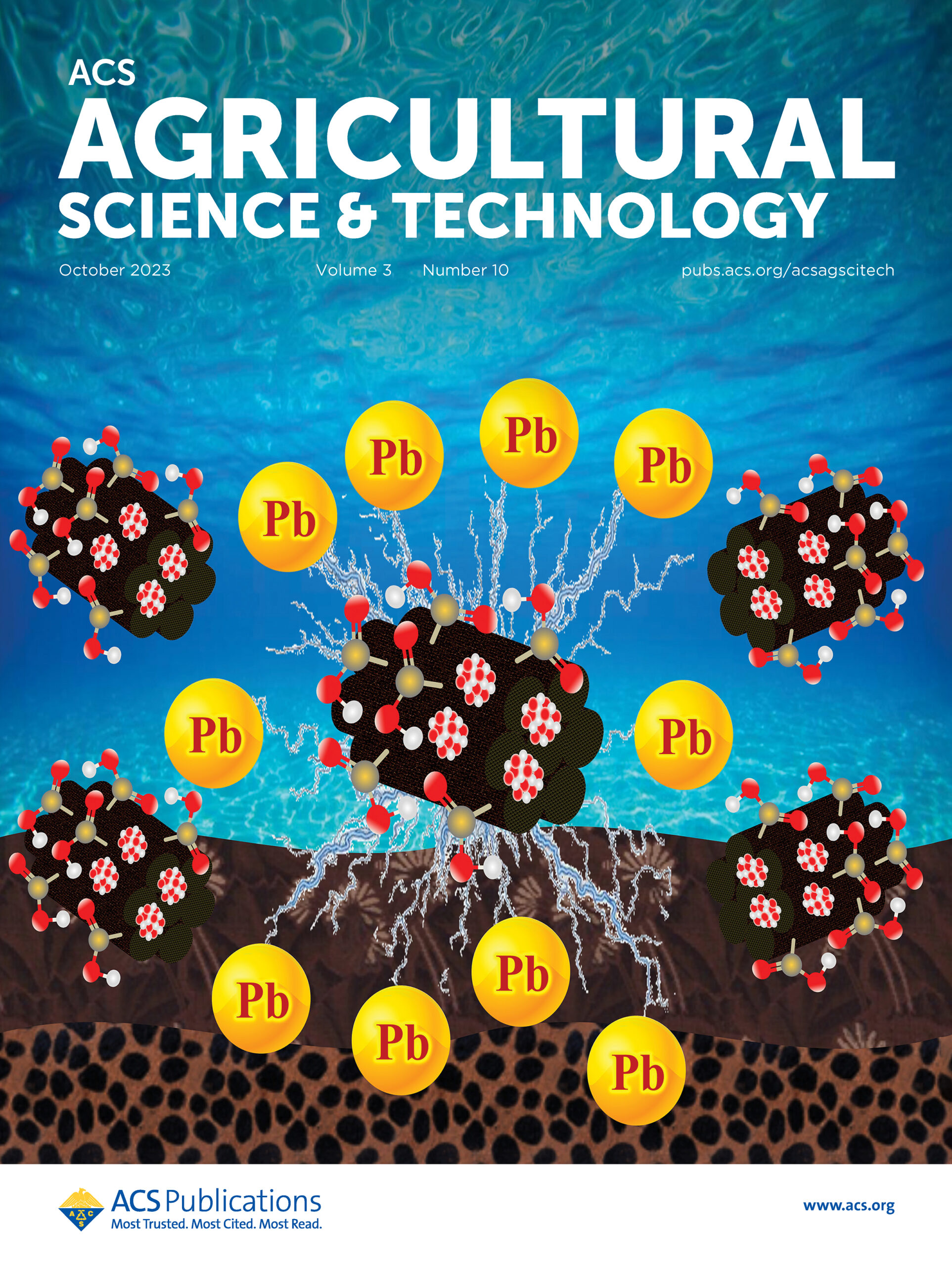Tackling two birds with one stone: next-gen nitrogen inhibitors more efficient and environmentally friendly
Written by Ian Lam, edited by Boris Sarcevic, Ella Williams, and Bethany Taggert.
Current nitrogen (N) fertilisers are largely inefficient, as agricultural crops often absorb less than 50% of the N available in fertilisers. To achieve optimal crop yields, excess N fertilisers are commonly applied, posing both economic drawbacks and environmental issues. Leaching of excess nutrients, including N, from fertilisers can cause groundwater pollution and the formation of algal blooms: a leading threat to aquatic habitats including the Great Barrier Reef, which already faces stress from climate warming and ocean acidification.
A viable solution to reduce the excessive use of N fertilisers is to enhance their efficiency with the aid of nitrification inhibitors.
What are nitrification inhibitors, and why are they important?
Simply put, nitrification inhibitors are compounds that slow down the process in which N in fertilisers is lost to the atmosphere. When added to fertilisers, these inhibitors slow down the loss of N in a form that provides plants with more time to uptake N that would otherwise be leached into the environment.
However, the effectiveness of current commercially available nitrification inhibitors, such as 3,4-dimethylypryazole phosphate (DMPP), is highly influenced by climatic and soil-related factors. This dependency makes current inhibitors unreliable, inefficient, and variable in performance across different soil types, especially in the face of a changing climate. To address this issue, Taggert, Walker and Chen (2021) from the ARC Research Hub for Smart Fertilisers at the University of Melbourne, synthesised a new class of nitrification inhibitors with substituted 1,2,3-triazoles.
The study synthesised a library of 17 of these compounds and their performance as nitrification inhibitors was compared to the commercially available DMPP under two different south-eastern Australian soils.
Promising findings
The team of researchers found that in a neutral soil, neither acidic or alkaline, four of the synthesised compounds retained ammonium – a compound containing N – better than DMPP at 35°C. This is a promising finding to address the current limitations of DMPP under rising temperatures. Additionally, the study found that one of the four compounds, N013, also outperformed DMPP in alkaline soil (pH 8.8) at the same temperature.
To meet the growing pressure to reduce the environmental impact of large-scale agricultural systems, it is imperative to develop new N-stabilising products that are not only effective, but also consistent under variable soil types and elevated temperatures. This will ultimately achieve improved crop yields and minimise adverse impacts on the environment from fertiliser N losses.
To access the study, click here.
To keep up to date with new developments of the Hub, sign up for our newsletter.




